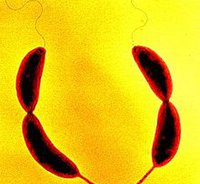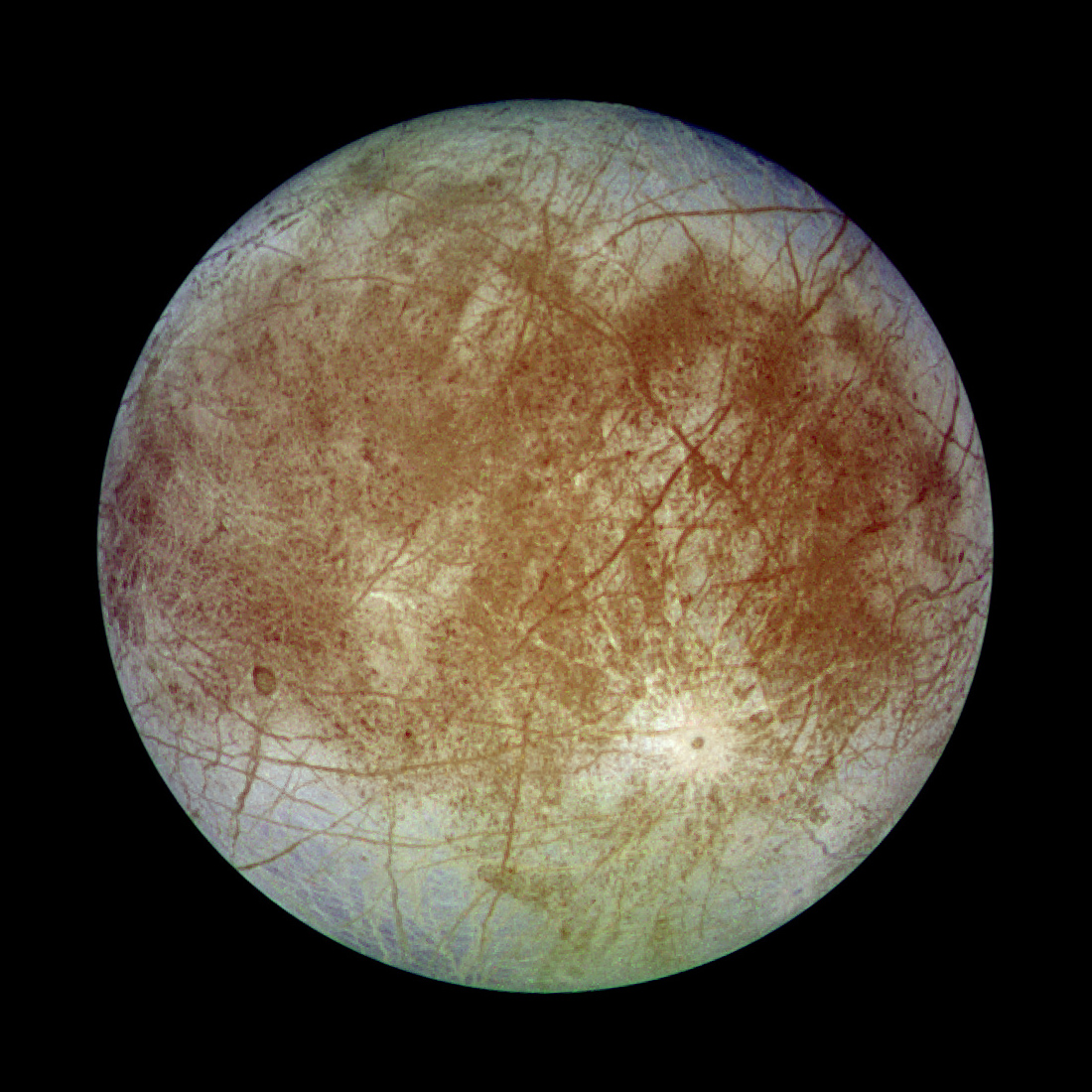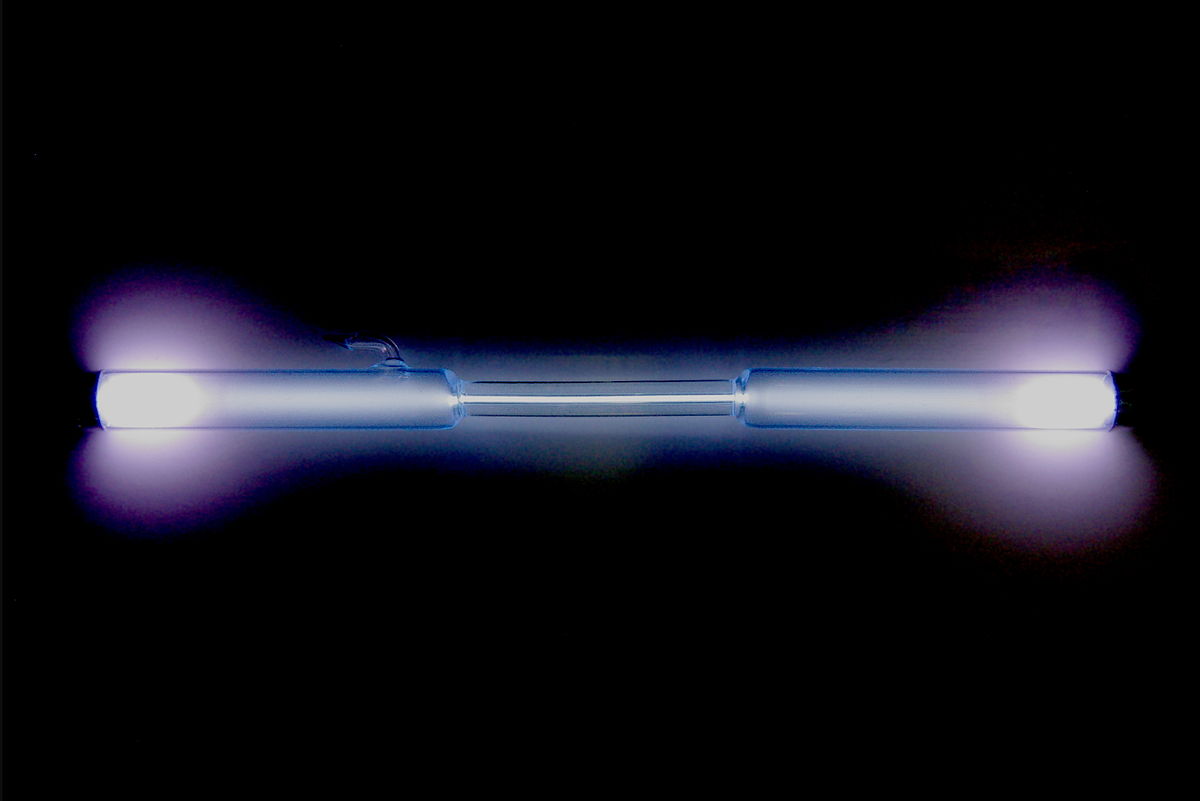
Depleted uranium is a widespread environmental contaminant that poses a major threat to human health. In contrast to humans and animals where small amount of uranium can cause damage to kidneys, liver and heart, it is well known that some bacteria can tolerate high levels of uranium and influence its mobility and bioavailability in the environment. As a non-pathogenic bacterium, Caulobacter crescentus is an attractive bioremediation candidate. Our results showed that Caulobacter not only endures high concentration of uranium, but immobilizes uranium by promoting mineral precipitation, highlighting a good potential for use in uranium bioremediation. Research efforts in deciphering uranium sensing and resistance mechanisms will also be discussed.
 Getting Under Europa’s Skin
Getting Under Europa’s Skin Tracing Formation and Evolution of Outer Solar System Bodies Through Stable Isotopes and Noble Gas Abundances
Tracing Formation and Evolution of Outer Solar System Bodies Through Stable Isotopes and Noble Gas Abundances Photosynthesis, a Planetary Revolution
Photosynthesis, a Planetary Revolution Xenon: King of the Gases
Xenon: King of the Gases